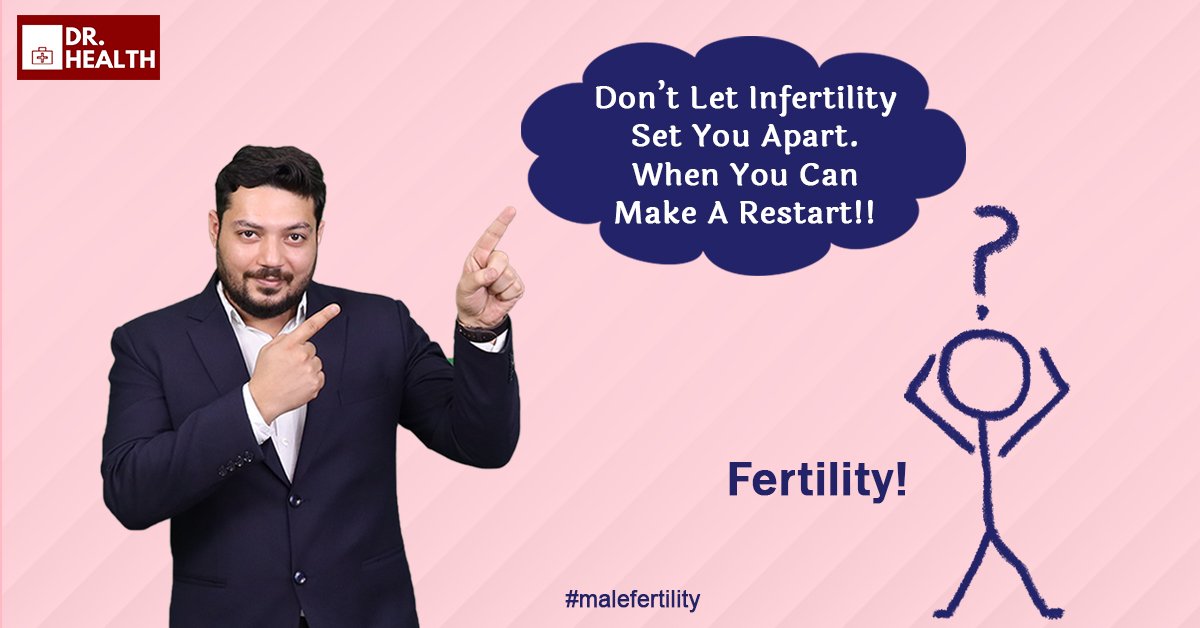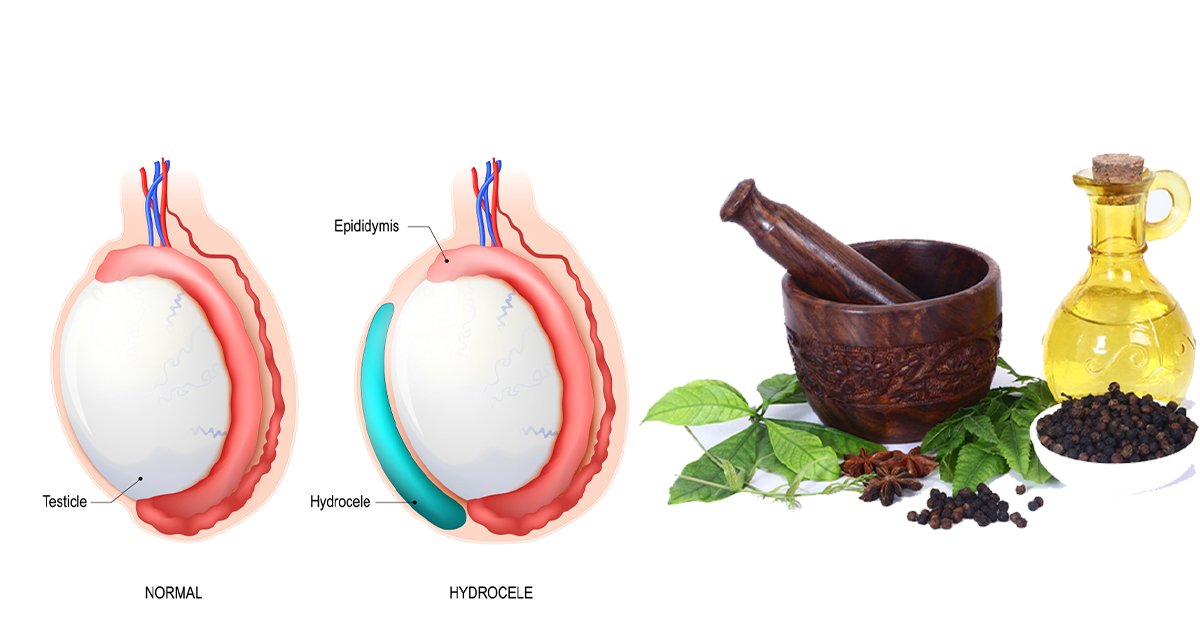varicocele

Male Fertility Is An Important Factor. Don’t Ignore It!
Generally, we think of infertility as being mostly or exclusively a female problem, but did you know that male and female infertility are equally prevalent? Now, it’s time to talk…

Ayurvedic Varicocele Treatment
Varicocele is like having vascular veins in scrotum or the testes. Vascular veins is a condition where the blood carrying tubes inside a particular body part swell up and stick…
Varicocele
Varicocele is a condition where the veins inside your scrotum swell and get more significant in size. The scrotum is the shielding sac around your testes and is responsible for…